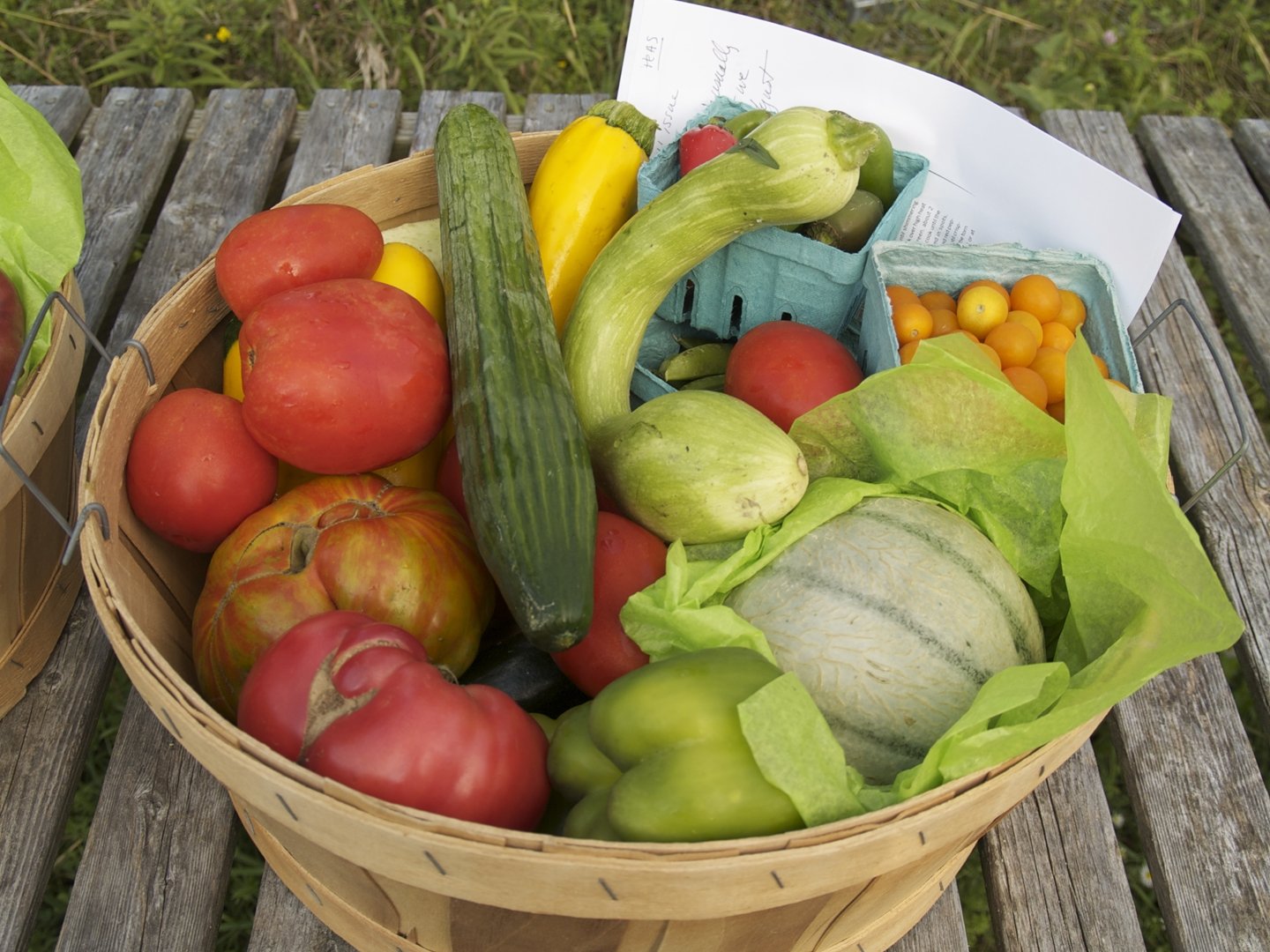Climate change is a global challenge that has far-reaching impacts on our planet, and agriculture is one of the major contributors to this issue. The process of producing food, whether through livestock production or crop cultivation, releases greenhouse gases into the atmosphere, contributing to global warming and climate change.
Livestock production, especially that of cows and sheep, is one of the main sources of agricultural emissions. Livestock produces methane, a potent greenhouse gas that has a much greater effect on climate change than carbon dioxide, during digestion. Agricultural activities like fertilizer use and rice cultivation can release significant quantities of nitrous oxide, another potent greenhouse gas that contributes to climate change.
Deforestation for agricultural purposes is a major cause of climate change in addition to greenhouse gas emissions. In their biomass, trees store the carbon dioxide that they acquire from the environment. This carbon is released back into the atmosphere when forests are cut down for farming, which raises greenhouse gas emissions.
Reducing agricultural emissions is crucial in combating global warming. One approach is improving livestock management practices to reduce methane emissions. Other strategies include switching to low-emission fertilizers, lowering food waste, planting trees, and implementing sustainable agriculture practices.
Reducing food waste is another way to reduce agricultural emissions. One-third of all food produced is lost or wasted, and this waste contributes to greenhouse gas emissions. By reducing food waste, we can reduce emissions associated with food production.
Planting trees can also help reduce greenhouse gas emissions from agricultural activities. Trees absorb carbon dioxide from the atmosphere, helping to offset the emissions released during agricultural activities.
Finally, implementing sustainable agriculture practices can help reduce greenhouse gas emissions and improve soil health. Conservation tillage, cover cropping, and crop rotation are all examples of sustainable agriculture practices that can help reduce greenhouse gas emissions and improve soil health.
In conclusion, although agriculture contributes significantly to climate change, it can also help to solve the problem. We can lessen the effects of climate change by reducing agricultural emissions through better livestock management, low-emission fertilizers, reducing food waste, planting trees, and applying sustainable agriculture techniques. As consumers, we can contribute by encouraging sustainable agricultural methods and minimizing food waste in our own households. We can have a good impact on the environment and build a more sustainable future by cooperating.




